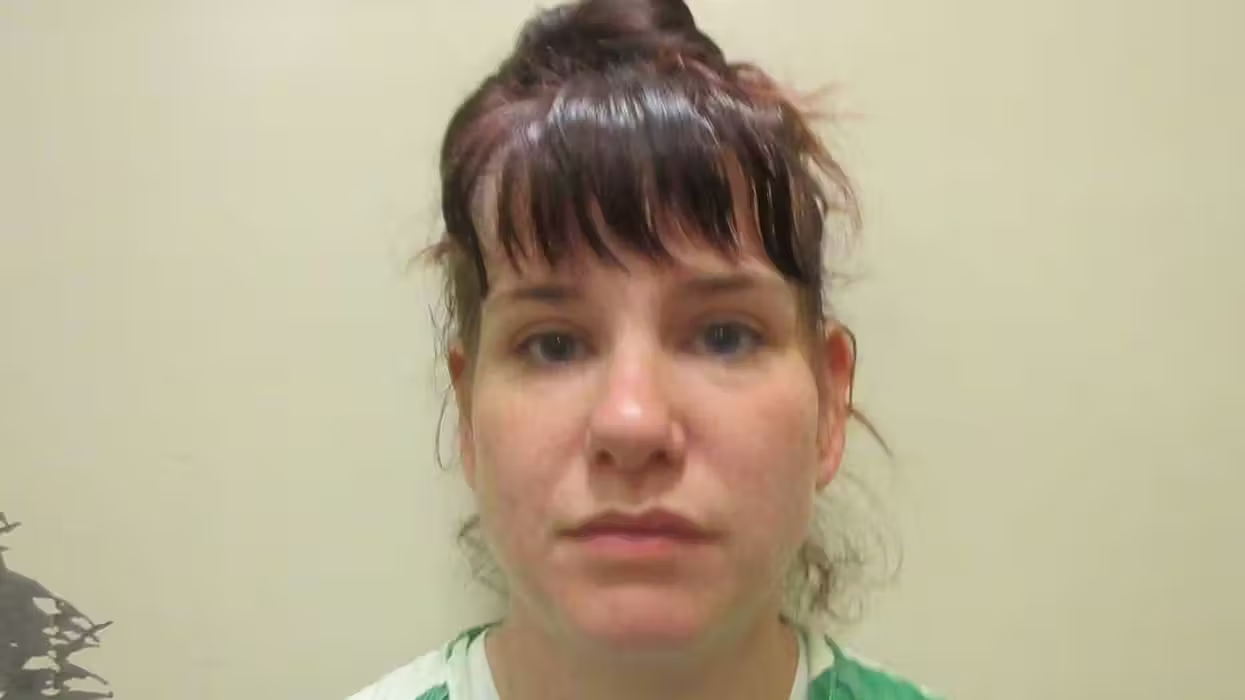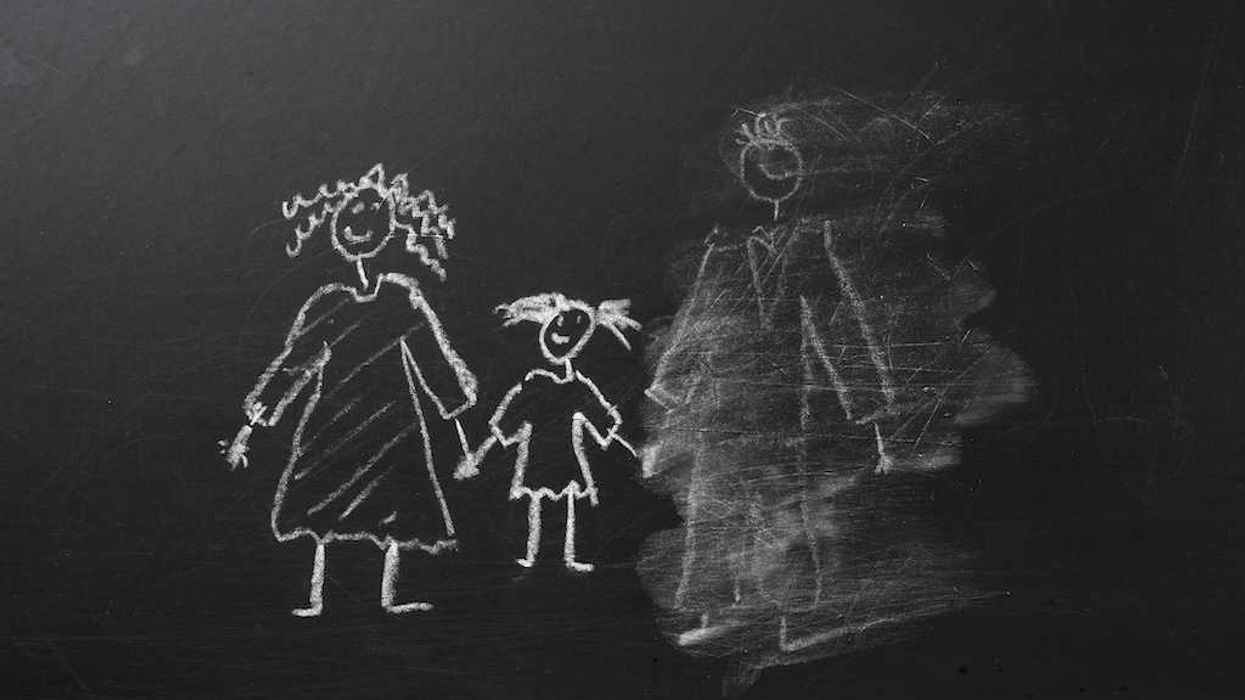
© 2025 Blaze Media LLC. All rights reserved.
How many cups of coffee did you drink today? Two cups? Five cups? None?
 Scientists recently identified genes that are associated with how the body reacts to caffeine. (Photo credit: Shutterstock)
Scientists recently identified genes that are associated with how the body reacts to caffeine. (Photo credit: Shutterstock)
Some of your affinity toward java might be programmed within your very DNA, a new study lead by Harvard University researchers found.
The team identified six new genes that they said are tied to the body's metabolism and psychological responses, the Harvard Gazette reported. Only four of these genes directly related to caffeine consumption.
The project analyzed the results of about two dozen other studies with a combined total of more than 120,000 participants. Those participants had described how much coffee they drink a day, and allowed their DNA to be scanned. The new work looked for minute differences in their DNA that were associated with drinking more or less coffee.
Eight total genes were found by the researchers, but two were already associated with coffee consumption. Two of the new genes showed no link to caffeine or coffee but related to cholesterol and sugar.
Marian Neuhouser, a nutrition researcher at the Fred Hutchinson Cancer Research Center in Seattle and study co-author, said identifying genes related to consumption may one day help doctors identify patients who need extra help in cutting down on coffee. For example, pregnant women are advised to consume only moderate amounts of caffeine because of risk of miscarriage and preterm birth, she said.
What's more, Marilyn Cornelis with Harvard's School of Public Health said some people might benefit from coffee consumption.
“If, for example, caffeine is protective, individuals might have very similar physiological exposure to caffeine, once you balance the metabolism. But if coffee has other potentially protective constituents, those levels are going to be higher if you consume more cups, so they might actually be benefitting from non-caffeine components of coffee. So it’s a little bit complex," Cornelis told the Gazette.
Several other studies have linked coffee consumption to a reduced suicide risk and other health benefits as well.
None of the identified genetic variants related to how intensely a person tastes coffee, which Cornelis said surprised her.
Cornelis doesn't drink coffee, she said, because she can't stand the stuff.
"If there were more people like me in the study, we wouldn’t have found those genes," Cornelis told the Gazette.
All in all, the genetic portion only accounted for 1.3 percent of why people drink coffee, the Gazette reported, noting that while it's a small number, the percentage is similar to that of other behaviors that become habitual.
The research was published this week in the journal Molecular Psychiatry.
(H/T: Gizmodo)
—
The Associated Press contributed to this report.
—
Front page image via Shutterstock.
Want to leave a tip?
We answer to you. Help keep our content free of advertisers and big tech censorship by leaving a tip today.
Want to join the conversation?
Already a subscriber?
more stories
Sign up for the Blaze newsletter
By signing up, you agree to our Privacy Policy and Terms of Use, and agree to receive content that may sometimes include advertisements. You may opt out at any time.
Related Content
© 2025 Blaze Media LLC. All rights reserved.
Get the stories that matter most delivered directly to your inbox.
By signing up, you agree to our Privacy Policy and Terms of Use, and agree to receive content that may sometimes include advertisements. You may opt out at any time.





